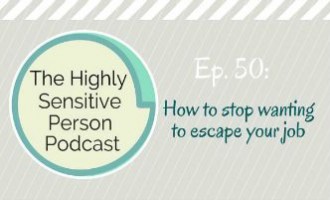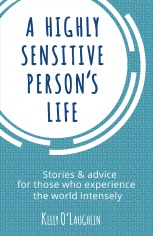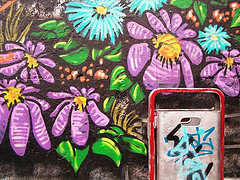 A few years ago, I was standing in my kitchen and I faintly smelled something. Something bad. I said to Jim, “Do you smell that?” He says no.
A few years ago, I was standing in my kitchen and I faintly smelled something. Something bad. I said to Jim, “Do you smell that?” He says no.
Now I’m on a mission. “I swear I smell something bad. Where the heck is that coming from?” I mumbled to myself.
If you are anything like me, you know what came next. I searched every single corner of the kitchen looking for this smell. [Read more…]
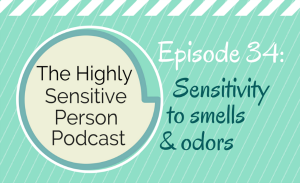

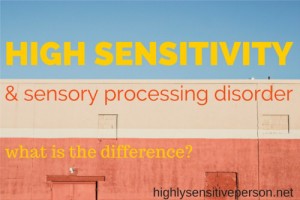
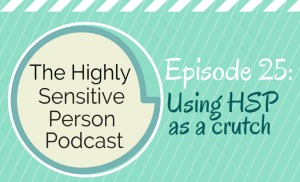 In this episode 25, I share some quotes from people in relationships with HSPs who are fed up! They say that HSPs are selfish and don’t try to improve themselves.
In this episode 25, I share some quotes from people in relationships with HSPs who are fed up! They say that HSPs are selfish and don’t try to improve themselves.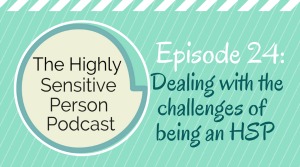
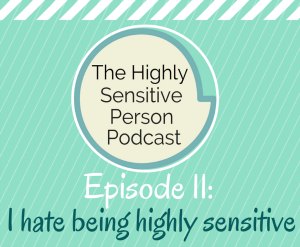

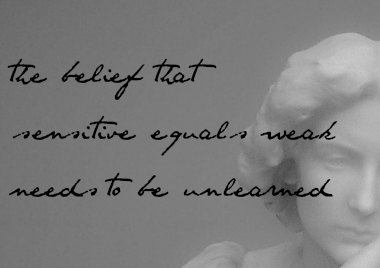
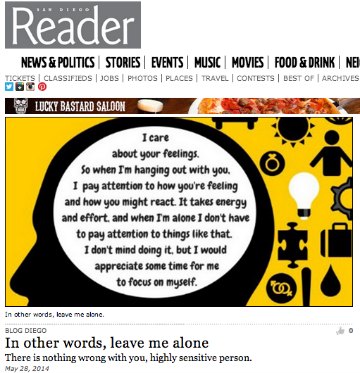 I’m a little bummed out right now.
I’m a little bummed out right now.
